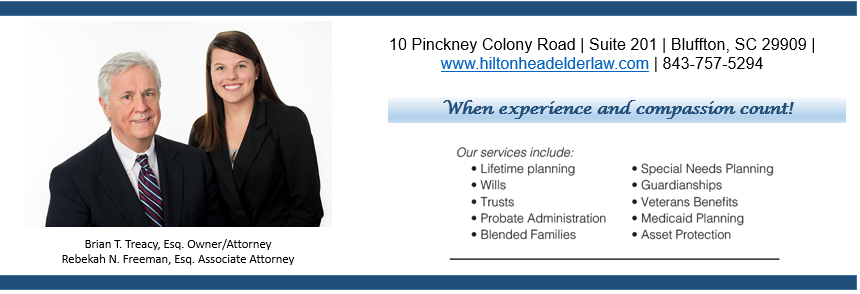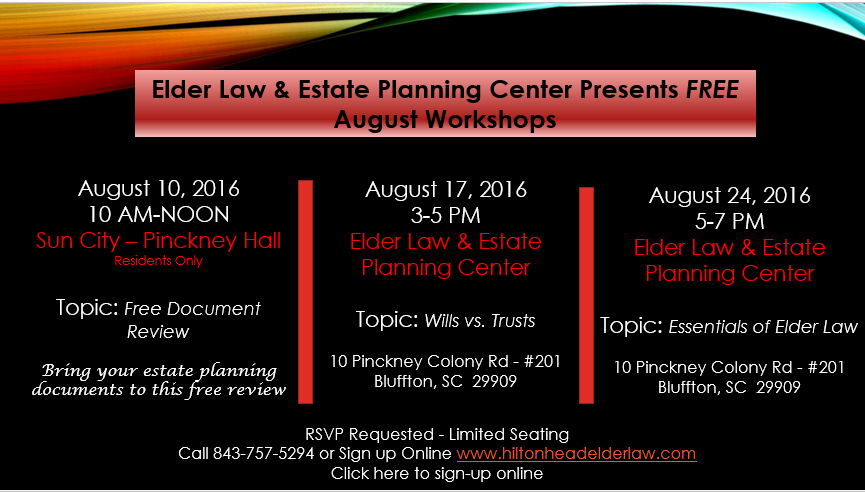Why Use an Estate Planning Attorney?
Consulting with an experienced estate planning attorney is a key step in making sure that your final property distribution and healthcare wishes are preserved and carried out. Whether you would like to draft a basic will, revise an existing will, create a trust, or complete a comprehensive estate plan -- including living trusts, testamentary trusts, healthcare directives, and more -- having a knowledgeable estate planning attorney on your side can be a valuable asset. You wouldn’t go to a podiatrist for a gallbladder issue, thus you should consider hiring the services an experienced estate planning attorney to create your personalized estate plan
First, they will discuss your financial affairs, your real and personal property, your estate planning goals, the potential needs of your loved ones in your absence, and your final healthcare wishes. An estate planning attorney will then discuss the options available to you and will work closely with you toward an estate planning solution that is right for you, not only in terms of wills and final health care wishes, but also steps you can take now in order to save your estate and your loved ones taxes and other expenses. Finally, an estate planning attorney will prepare all necessary documents such as wills, living trusts, testamentary trusts, and powers of attorney. Do-it-yourself estate planning can have a negative impact on your desired wishes for lifetime planning as well as when you pass away. Contact our office today to ensure your estate plan is created and designed specifically for you.




